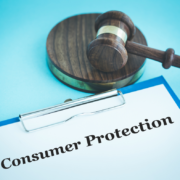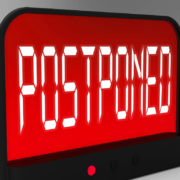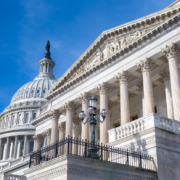NCL, 17 safety organizations, call on Congress to provide robust resources to NHTSA
Media Contact: Lisa McDonald, Vice President of Communications, 202-207-2829
Washington, DC – The National Consumers League (NCL) and 17 other safety organizations today sent a letter to the House Appropriations Committee calling on Congress to provide the National Highway Traffic Safety Administration (NHTSA) with the resources necessary to reduce the unacceptably high number of deaths and injuries caused by traffic crashes.
“Traffic crashes do not have to be the price we pay for commuting to work, dropping the kids off at school, or picking up groceries,” says NCL Senior Director of Consumer Protection & Product Safety, Daniel Greene. “By providing NHTSA with sufficient resources to support revolutionary safety technologies, educate the motoring public, and improve the design, construction, and performance of motor vehicles, we can dramatically improve roadway safety.”
Today, the Transportation, Housing, and Urban Development (THUD) Subcommittee is marking up the FY 2026 THUD bill. On Thursday, the Appropriations Committee is marking up the FY 2026 THUD bill.
A copy of the letter can be found HERE.
Letter cosigners:
National Consumers League
Advocates for Highway and Auto Safety
Center for Auto Safety
Consumer Federation of America
Consumer Reports
Families for Safe Streets
Impact Teen Drivers
Kids and Car Safety
League of American Bicyclists
National Coalition for Safety Roads
National Safety Council
PeopleForBikes
Safe Kids Worldwide
Safety Research & Strategies
The Dawn Project
Truck Safety Coalition
Vision Zero Network
Whirlwind Wheelchair International
###
About the National Consumers League (NCL)
The National Consumers League, founded in 1899, is America’s pioneer consumer organization. Our mission is to protect and promote social and economic justice for consumers and workers in the United States and abroad. For more information, visit www.nclnet.org.
























